Islamic Republic: What Does It Mean?
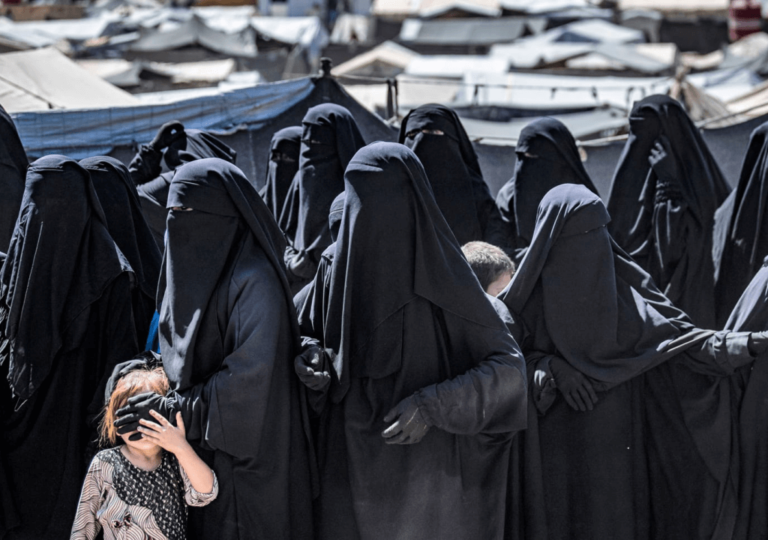
Islamic Republics blend Islamic principles with governance, facing cultural and economic challenges

Islamic Republics blend Islamic principles with governance, facing cultural and economic challenges
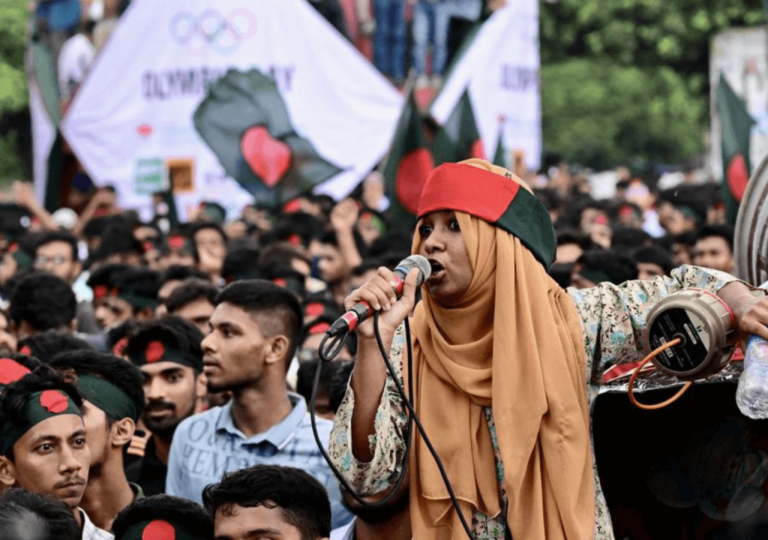
Bangladesh faces deadly student protests over job quotas, escalating violence and unrest
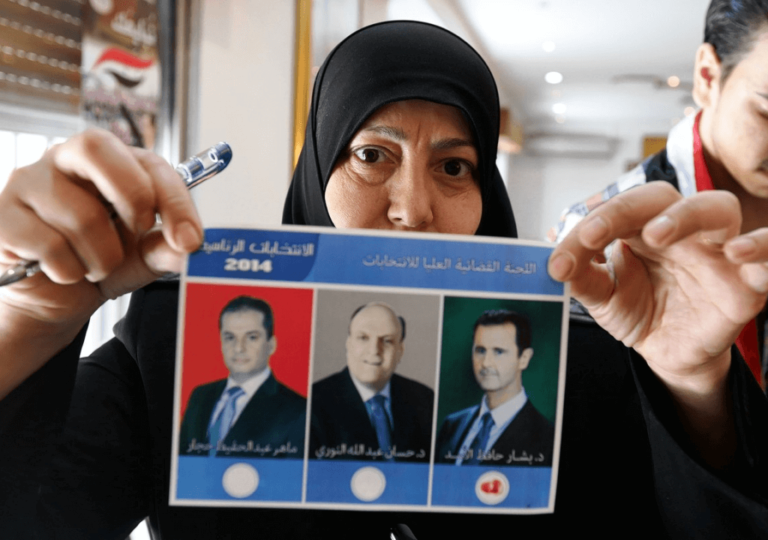
Bashar al-Assad's Syria holds sham parliamentary elections, with the Baath Party firmly in control and no real opposition.
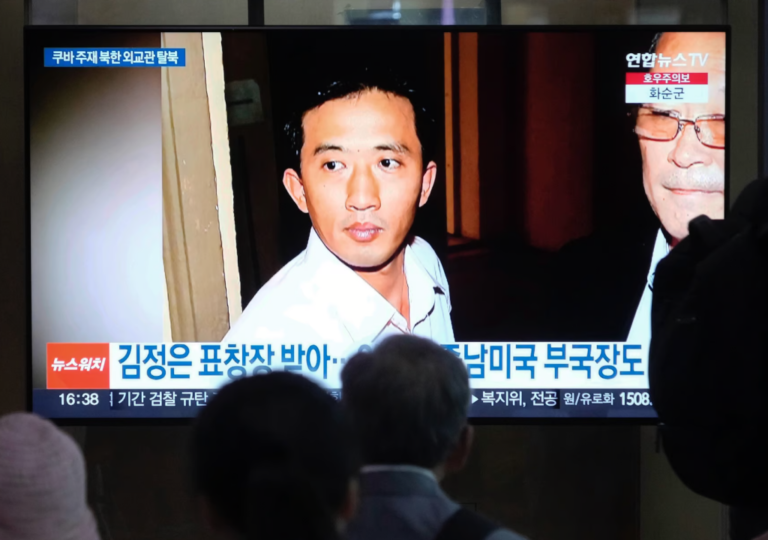
North Korean diplomat Ri Il Kyu defects to South Korea, highlighting growing elite exodus amid tensions
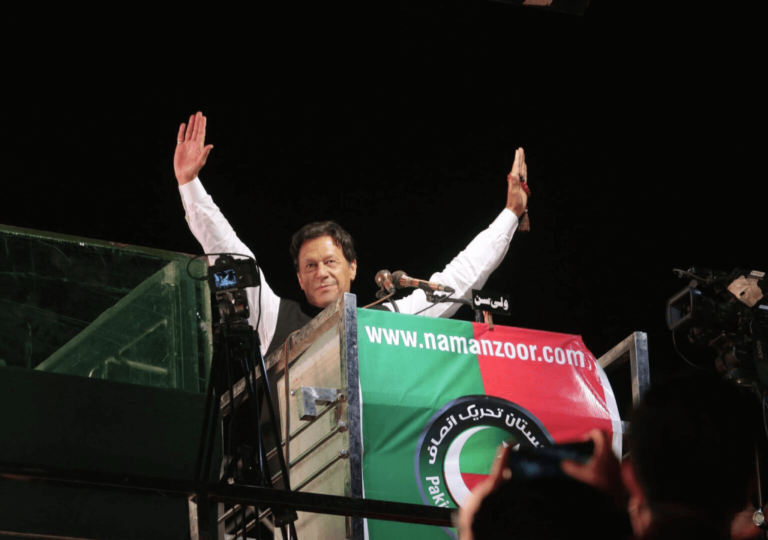
Pakistan's political crisis deepens as government seeks to ban Imran Khan's party despite court rulings
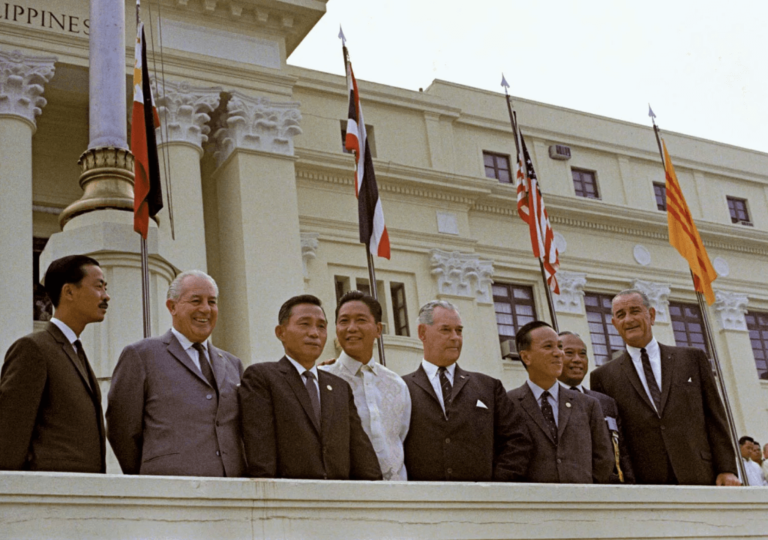
NATO's role in defending against communism and the Soviet Union, and the potential formation of a NATO-like military alliance in East Asia to counter China's influence
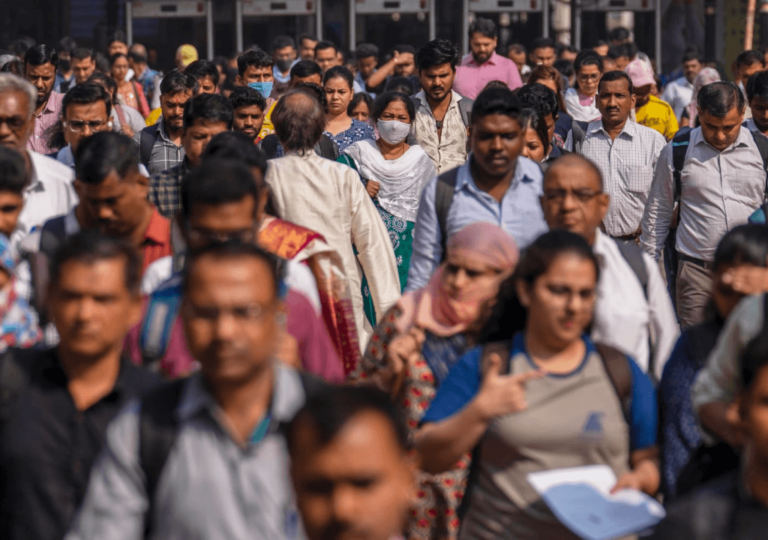
India's population growth poses challenges for development; political parties avoid addressing it
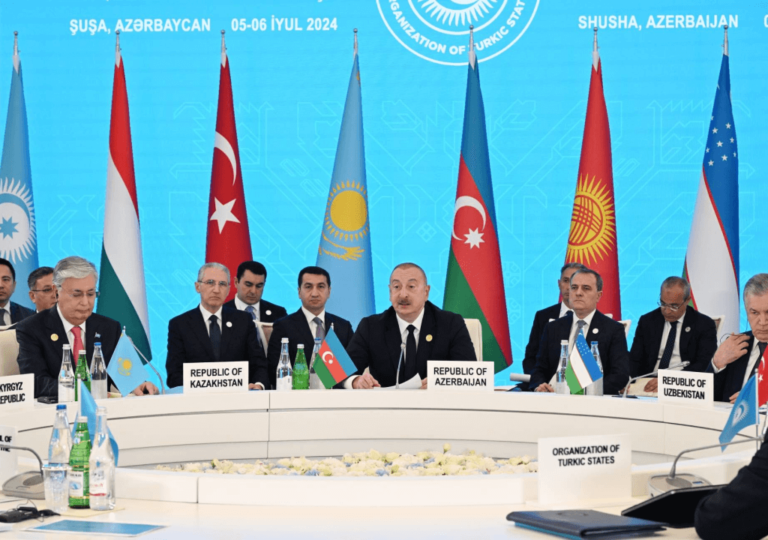
Turkic states, including Turkey, share common ethnic, linguistic, and cultural ties, forming the Organization of Turkic States (OTS) to strengthen cooperation and protect regional interests.
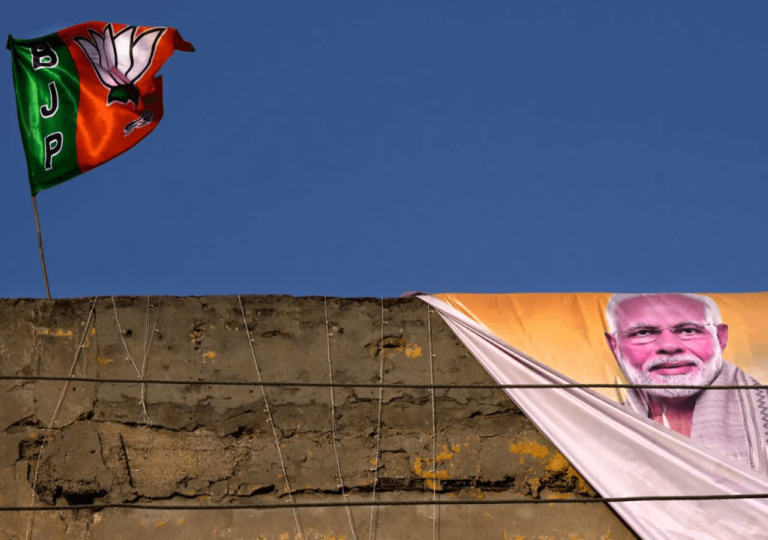
Modi faces growing criticism from Hindu nationalists who accuse him of not doing enough to establish a Hindu nation
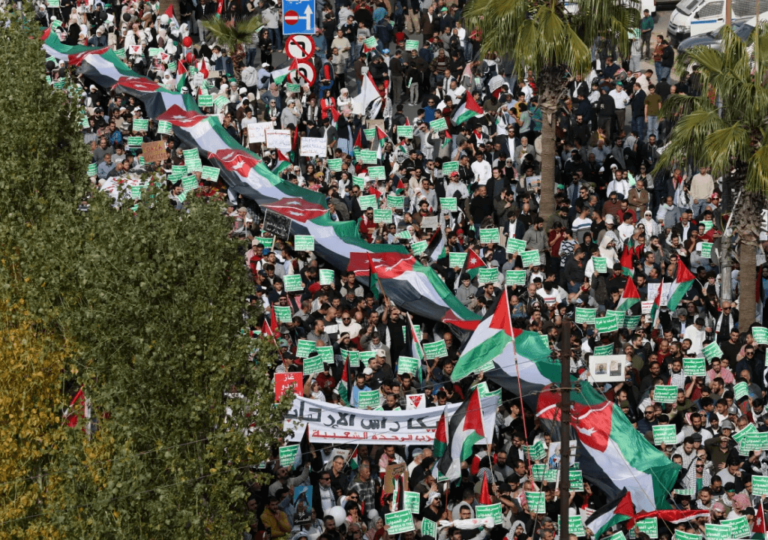
Rising tensions in Gaza trigger complex responses from Jordan, a key regional player with close ties to Israel and the US, as it navigates public outrage and its own constraints